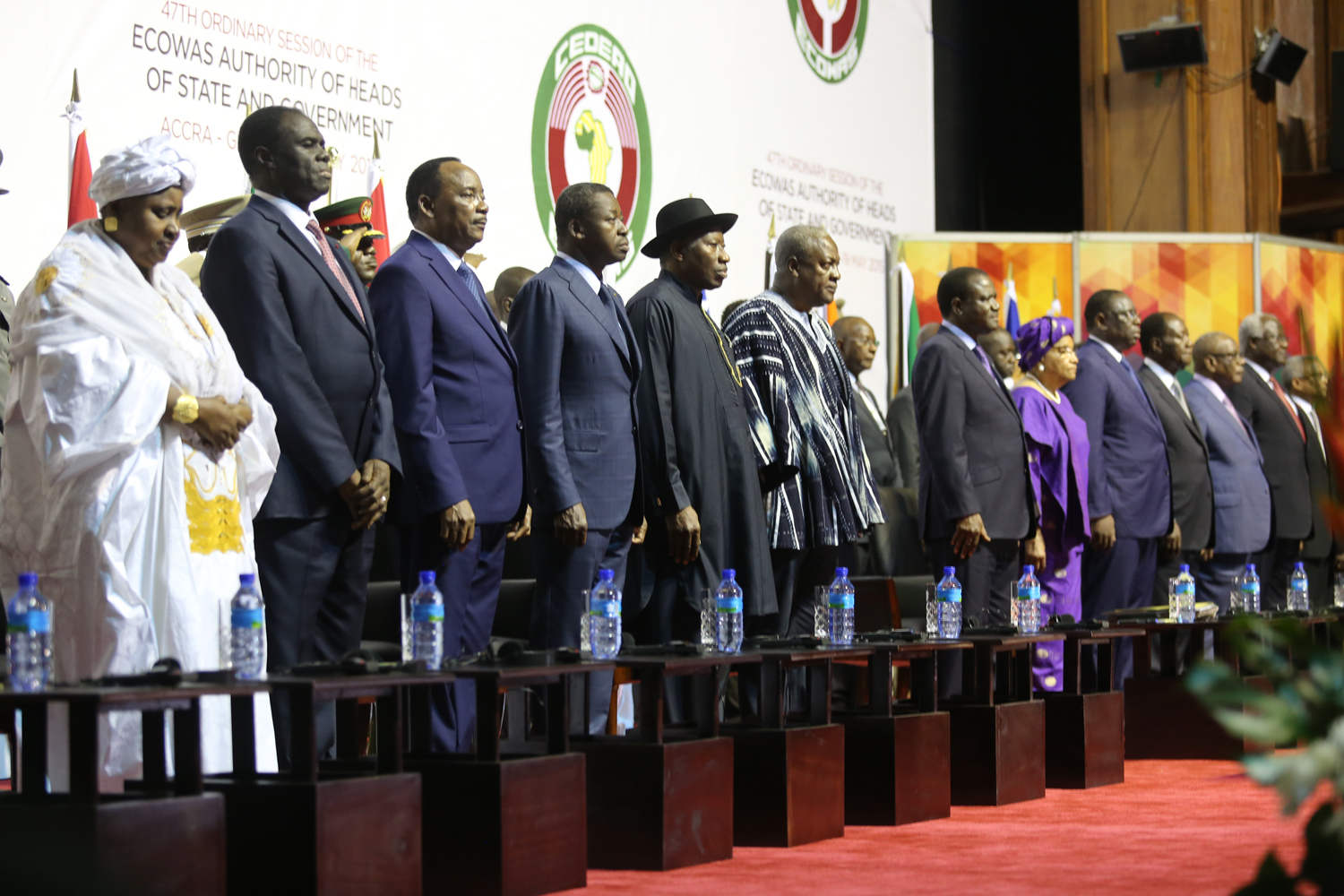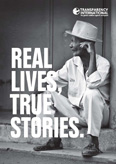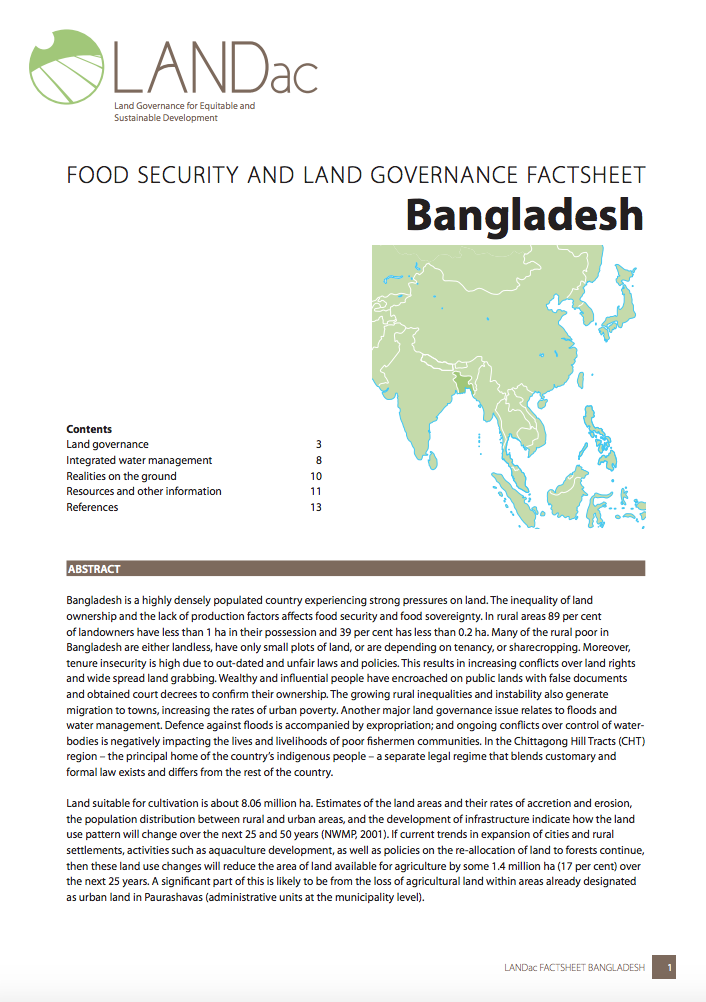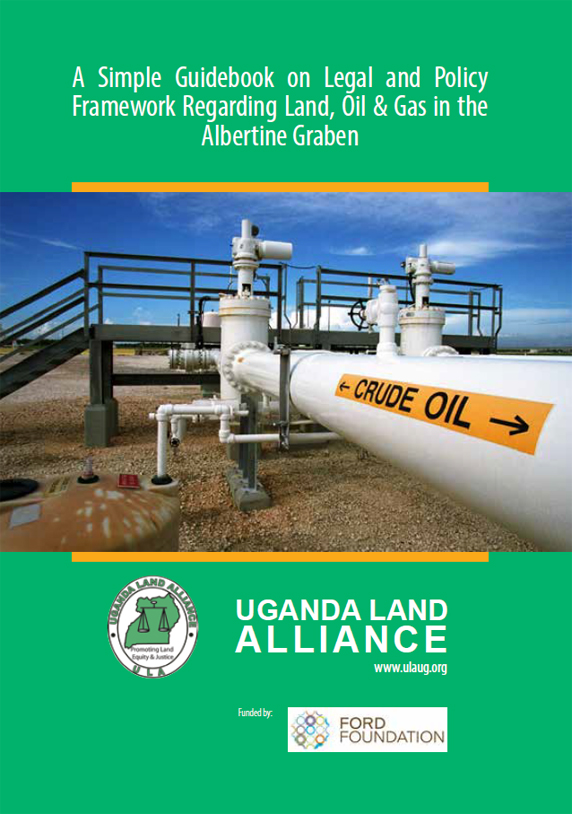Monitoring Framework for WLR in India
This monitoring framework prepared by Center for Land Governance, NRMC, Bhubaneswar with the support of The World Bank, New Delhi which envisages on reliable and accessible appropriate data set, well laid out procedure to calculate and report Women Land Rights (WLR) indicators across administrative layers as well as an institutional mechansim to sustainably carry out this process to address regular monitoring of WLR in Indian context to meet the SDG requirement.







